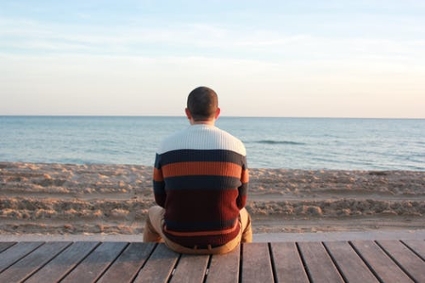My friends and I are super close. We’re so close that we don’t want to miss out on seeing each other during school breaks, so we like to get together any way we can. Sometimes that means visiting one of our houses, but other times it means a real trip, and we have a great one coming up. The problem is, I’m completely burned out. The idea of spending even a few days away from my home and my bed seems exhausting, and my friends, while a lot of fun, tend to be high-energy. We already put money down, and I know I probably can’t get all of it back, but I thought I could at least save the money I would’ve spent on meals and drinks while catching up on my sleep back in my hometown. What’s the most graceful way I can back out of this trip?
It’s going to be tough to back out of your plans gracefully, especially since money has already been put down. Your best bet is clear and open communication and a willingness to let the money you’ve already put down go. If your friends committed to this trip under the assumption that you were attending, they may already have to pay a bit more while on the trip, as they’ll each have a larger share of any split expenses: cab fares, pizza deliveries, and so on. Be fair, and recognize that you’re already leaving them in a bad spot–an apology and a willingness to cover some costs will help you a lot.
Or, of course, you could decide to go.
There’s nothing wrong with a little staycation, and heading back home on break may be one way to recharge. But you should also consider the possibility that a vacation with your friends may be more energizing than you think.
A vacation is, after all, all about relaxation. Just because you’re out and about, say the docents at Henry County, Georgia’s tourism bureau, doesn’t mean that you’re not recharging. Studies back this idea up: when we return after vacation, we tend to be more focused and perform better at work. We may say that our vacation was exhausting, but the facts don’t often back this up: the fact is, when we’re off having fun, we’re recharging even when we seem to be going wild.
But, sure, not all vacations are created equal. If your friends are really going to go a mile a minute, you may lose a bit of that recharging feeling. But there’s no law that says a group vacation means spending every minute with each other. Studies show vacations can cause more stress than they alleviate, but that making a vacation less structured can prevent this. You’re clearly concerned about coming out of this trip more stressed than you were going in: the solution, studies say, is to just do a little less planning.
There’s also no reason why you can’t suggest alternative activities. You didn’t say what your vacation was, but assuming it’s not something extremely structured, you can always suggest a relaxing alternative to the high-energy plans your roommates come up with. The tourism pros on Mackinac Island pride themselves in their region’s many vacation activity options, but even they’ll admit they’re not alone: just about any destination city, resort town, or even cruise boat will have a few different options that should allow you to match your fun to your energy level. And, of course, you could just opt out of one or two of the big activities! Your money is already down, so why, for instance, not go and enjoy the daytime activities, and simply skip the nightclubs? Unless the plan is a backpacking trip or some other non-stop activity, customizing your vacation might be the best way to balance your need for relaxation with your friends’ desire to maximize enjoyment.
If you really don’t feel you can go, then be polite and apologetic with your friends (and assume you’ve already kissed your investment goodbye). But remember, studies show that the most stressful part of a vacation is planning it. Maybe this vacation won’t be as draining as you think–and maybe it’s actually just what you need to recharge.
“A vacation is like love: anticipated with pleasure, experienced with discomfort, and remembered with nostalgia.” — Evan Esar


